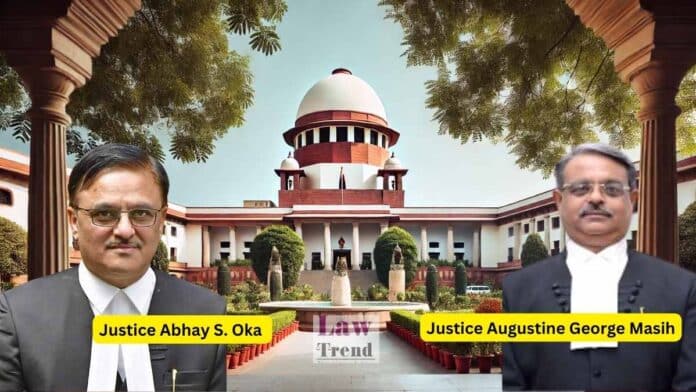In a critical judgment emphasizing constitutional rights over prolonged detention, the Supreme Court of India granted bail to Athar Parwez, an undertrial accused under the stringent Unlawful Activities (Prevention) Act (UAPA), 1967. The Court highlighted the principle that extended incarceration without trial contravenes Article 21 of the Constitution, which guarantees the right to life and




